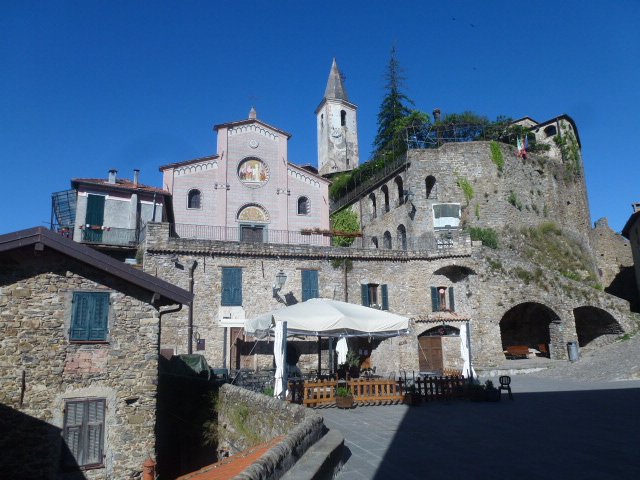
In Italy there are many tourist resorts. Even cities like Milan, Naples, Turin enjoy a remarkable tourist attendance. Real estate is not expensive, often less than 1500 € per square meter. On the other hand, demand for short-term rental in almost all the many tourist locations is growing. This is why more and more foreign Italian investors are buying apartments for short-term rentals, or holiday rentals.
The compatibility of the holiday rental with the condominium regulations
At the same time, there is also an exponential growth in neighborhood complaints from occupants of the same co-ownership to those who deal with this type of entrepreneurial activity.
The rules: where are we in Italy?
Despite the many legal interventions in this area, in our country, a precise orientation on the nature of b & b and short-term rental activities still seems to be lacking. As explained in a recent article by Sole 24 Ore, it is generally necessary to prohibit these activities in the stipulated co-ownership regulations or regulations; it can also be expressed by a resolution adopted by the co-owners with the consent of all the participants. The same procedure must also concern the resolution of the clause to be included in the current regulations prohibiting the co-ownership operation of this type of activity.
In all cases, these are clauses that must be written clearly and explicitly. When, for example, the regulations prohibit the use of the property in question for activities other than residential, the possibility of proposing temporary rentals within the apartment is excluded. Anyone who wishes to use their property for temporary rental purposes should not rely solely on regional laws for the exercise of activities of bed and breakfast or vacation rental: he should first take into consideration those relating to contractual regulations or conventional condominium by-laws, which override regional legislation.